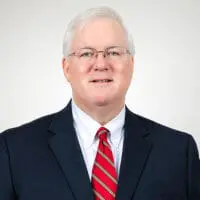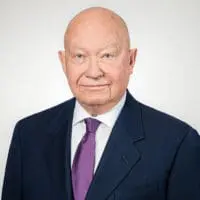Product Liability Update
Service Contracts Are Not Express Warranties Under the Song-Beverly Consumer Warranty Act
The Song-Beverly Consumer Warranty Act, Civil Code section 1791 et seq., provides that when a manufacturer does not repair a motor vehicle to conform to an express warranty after “a reasonable number of attempts,” the buyer may opt to have the item replaced or may return the item and obtain restitution for its cost. Civ. Code § 1793.2(d)(2). In Gavaldon, the plaintiff bought a new Dodge Caravan minivan that came with DaimlerChrysler’s standard 3 year/36,000 mile basic warranty plus 7 year/70,000 mile power train coverage. 32 Cal. 4th at 1251. The plaintiff there also purchased a service contract, issued by DaimlerChrysler, that provided coverage for repairs after the factory warranty start date or when the vehicle had accumulated 70,000 total miles. Id. The service contract expressly warned the buyer that the maximum reimbursable amount would be the total cost of repairs or, if less, the case value of the vehicle and it did not contain any warranty language. Id. at 1251, 1259.
After the applicable 3 year/36,000 warranty had expired, the plaintiff took the minivan to a DaimlerChrysler dealership on several occasions for issues with her transmission and later filed a complaint against DaimlerChrysler for violation of the Song-Beverly Consumer Warranty Act and alleged that the minivan was substantially impaired, and DaimlerChrysler was unable to repair it after numerous attempts. Id. at 1252-53. The plaintiff claimed that the extended service contract was an express warranty which obligated DaimlerChrysler to replace or make restitution for the defective minivan under the Song-Beverly Consumer Warranty Act. Id. at 1253. The trial court ultimately concluded that the service contract constituted an express warranty and awarded the plaintiff the purchase price of her vehicle. Id. at 1253-1254. The Court of Appeal reversed based on its review of the statutory language and legislative history of the Song-Beverly Consumer Warranty Act and it concluded that the applicable service contract could not be considered an express warranty. Id. at 1254.
In affirming the judgment of the Court of Appeal, the California Supreme Court held that “the service contract in the present case, which was sold for an additional cost and which does not use the words ‘warrant’ or ‘guarantee,’ is not an express warranty for purposes of the Act.” Id. at 1261. The Court made clear that even though service contracts and warranties “appear to have the same purpose,” they are “mutually exclusive.” Id. at 1256, 1258. Indeed, the Court emphasized the Legislature’s treatment of service contracts and warranties under the Code as distinct, thus warranting treatment that they be mutually exclusive. Id. at 1256. The court pointed to three specific statutes that clearly evidenced a distinction drawn by the Legislature between service contracts and express warranties – Civil Code sections 1794(a), 1794.4(a), and 1794.41(a)(3). Id. at 1256-1257. Thus, the California Supreme Court held that a service contract may not be construed as a warranty unless formal words of warranty (such as “warrant” or “guarantee”) are used in the agreement. Id. at 1255. As a result, the Gavaldon plaintiff was not entitled to a replacement or restitution under the Song-Beverly Act, as breach of a service contract does not subject a manufacturer to section 1793.2(d). Id. at 1259, 1262-1263.













